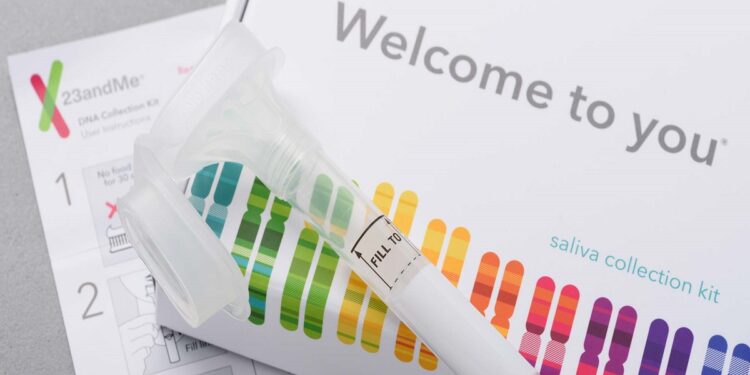A gastric emptying study can be performed by using a radiopaque marker to track the passage of food through the gastrointestinal tract and then calculating the time, volume, and speed at which it leaves through various parts of the body.
Gastric Emptying Study is an important medical test that helps doctors to understand how well the stomach empties food. It is also known as GI study, or gastrointestinal study.
The Gastric Emptying Study is used in gastroenterology and internal medicine, and it is typically performed on patients suffering from digestive disorders who are undergoing surgery or experiencing abdominal pain.
It helps them to identify any digestive problems or conditions that might be causing symptoms such as bloating, abdominal pain, and diarrhea.
Gastric Emptying Study is a physiological process that occurs in all mammals, birds, reptiles, and amphibians.
How Long Does The Gastric Emptying Study Test Take?
It usually takes about two hours for a patient to complete the test. However, it can take up to five hours for some patients depending on their health conditions and symptoms.
This code applies to all patients who have undergone gastric emptying studies, which are performed in order to diagnose disorders such as diabetes mellitus, esophageal reflux disease, or peptic ulcer disease.
The most common use of this code is to determine whether a patient has been given too much or too little medication that has been administered through their mouth or nose.
CPT Code For Gastric Emptying Study
The revision of the gastric emptying study code 78264 and the addition of two CPT codes for gastric emptying studies are the only changes in nuclear medicine procedure coding.
The code 78264 represents a regular gastric emptying study. Code 78265 denotes small bowel transit, while code 78266 denotes small bowel and colon transit over several days.
The long descriptors for these codes are as follows:
a) 78265: Study of Gastric Emptying with Small Bowel Transit (eg. solid, liquid, or both)
b) 78264: Gastric Emptying Imaging Study (eg. solid, liquid, or both)
c) 78266: Multiple-day gastric emptying imaging study with small bowel and colon transit (eg. solid, liquid, or both)
Gastric Emptying Study Side Effects
A study conducted by the National Institute of Diabetes and Digestive and Kidney Diseases (NIDDK) found that many patients experienced nausea, vomiting and diarrhea after the surgery.
The study also showed that these side effects were more common in patients who had a shorter length of time between their surgery and starting to take oral medications.
This is because the longer it takes for your body to get used to taking pills, the less likely you are going to experience side effects such as nausea, vomiting and diarrhea.




